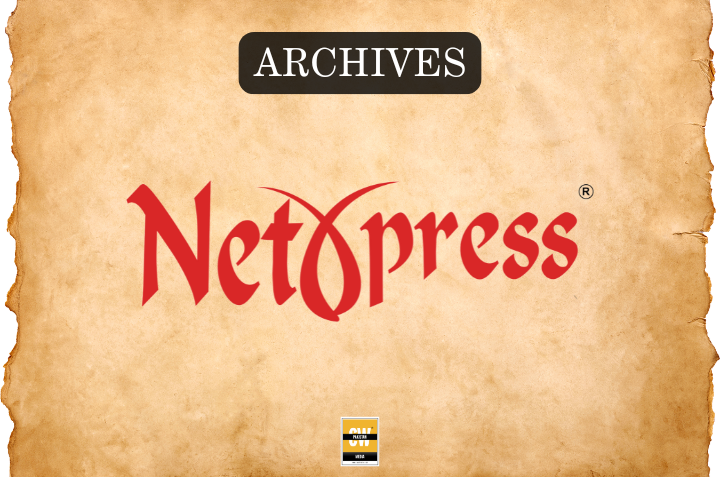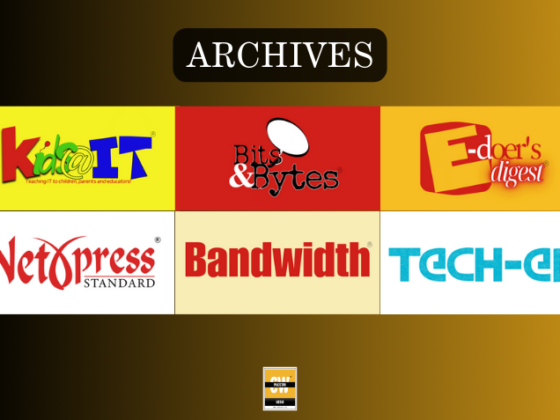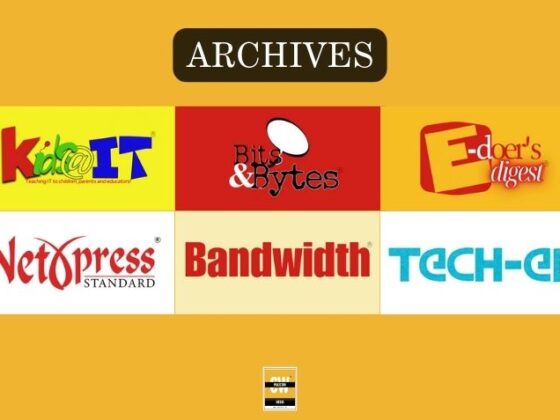Netxpress Dec Edition 2007
Having been watching the local industry for almost 11 years, when I finally found myself sitting in yet another seminar where I heard Jawwad Ahmed Farid say something like this: “I have failed not once but twice, and learned double the amount of things through the process.” And that’s probably where this company named Alchemy plugged itself into my list of “little companies that could”.
In a country and culture where we give successful companies a hard time and come down harder on the failures, Jawwad has been able to rekindle life in a new niche within Pakistan’s IT industry. He is the brains behind Alchemy Technologies.
Alchemy Technologies is a risk management and actuarial company that works with several blue chip customers in Pakistan, as well as the Far and Middle East. They focus on interlinking finance, computer science, and actuarial skills to streamline their financial security systems and minimize losses.
He spoke to us about the entrepreneurship workshop conducted by Bill Aulet and Ken Morse, well known professors from the MIT, and his experiences before and after the “competition”, the MIT BAP (Business Acceleration Plan).
The competition focused on enabling the attendees to put their ideas onto paper in the form of a concrete business plan, and improving how you present your company to the world, be it clients, or be it investors.
Jawwad talked about the process and shed some light as to how the workshop and competition works.
The first round took the applicants to local mentors who helped them shape their applications into a draft business plan. The draft plan was then reviewed by a panel of foreign mentors, who advised the applicants as to how they can improve the plan.
The applicants then submitted their final business plans to the judges, who discussed the pros and cons, and provided guidance for further improvements.
The team!
We tend to be somewhat cynical of workshops, even though, most of the time we learn something new from them. This workshop however was an eye opener, as Jawwad put it, “Before we met them we were sitting fat and happy and thinking that we were good enough and we had made it. It took the two of them in a single workshop in March 2007 to make us realize that if we don’t eat our lunch today, someone else will eat it two days down the road. That completely changed our outlook.”
The most challenging aspect of the workshop was simplifying their company’s pros into 3 points on a PowerPoint slide and then communicating them to the audience. This is a very important skill that we often ignore. Good presentation skills do wonders, specially if you want to grow your company beyond our borders.
While we were talking about companies, Jawwad singled out parental and community support as one of the main reasons why kids leave smaller companies and avoid becoming entrepreneurs.
“Our society enforces a pseudo eligibility criteria for success on them, like ‘Go work for an MNC or a well known brand if you are planning on having a life’. It is a great advise for some, but not for someone who wants to go out and change the world.”
He cited the common misconception among people “that you would necessarily starve to death on small company/startup salary, or there would be workplace and logistical issues. There is some truth to that, but if you look carefully, you can find technology companies that pay very well and delegate brilliant work.”
These companies actually aide an individual’s growth and professional development, and are generally employee-centric.
Based on the MIT BAP competition, Jawwad pointed out that there are a number of “model” companies in the country. He praised those companies as they can serve as a model to frame your company’s operations on.
The basic issue in entrepreneurship in Pakistan is that people are just too scared with the hassles and the “high” risks involved. People don’t really know that the chances of “a bright, committed and driven individual can really make a difference” in this inefficient society.
Most importantly, wealth creation only comes from ownership and not being on someone’s payroll.
The social setup of Pakistan tends to pressurize our would-be entrepreneurs into joining multinational companies instead of joining smaller companies or startups, and instead of switching to an employer role.
Sure, jobs at multinational and larger local companies carry attractive salaries and benefits, but if you really want to make a difference in this society, if you want to do something, something big, then becoming an entrepreneur is the best thing for you.
Perseverance really does make a huge difference and it is the driving force for the many startups we see nowadays.
Jawwad sustains that its not the money, exposure, infrastructure or support that’s essential for an entrepreneurial setup’s survival, but it’s the belief that people, we look up to, have in us that drives us towards success.
Support and guidance really do a lot for a person.
Talking more about the competition, Jawwad’s most valuable learning experience there was that it forced them to look inside and re-discover themselves as a company and because of that, his assessment of who he was and where he can be has changed dramatically in a short span of 8 months. This enabled them to achieve goals in less than six months that they previously thought to be impossible.
Pointing out a very pressing issue in our social setup, he said that there is a lack of tolerance of failure and forgiveness in our community. We need a cultural change in our society; we need to be more forgiving and accepting of failure.
Jawwad’s previous two attempts at being an entrepreneur weren’t successful, but due to his family’s and loved ones’ support, he tried a third time, and this “try, try again” formula worked its magic. Through a lot of hard work and tenacity, he set up Alchemy Technology and is now well on his way in his entrepreneurial career.
Closing the conversation, Jawwad said that “You only live once. Make it count!” Inarguably, this is the best piece of advice one can give.
In a country like Pakistan, establishing a new company is very hard and running it correctly is harder, but it’s worth it. At the end of the day, what matters most is making your efforts count, and what better way to make things count than to support your fellow patriot?




